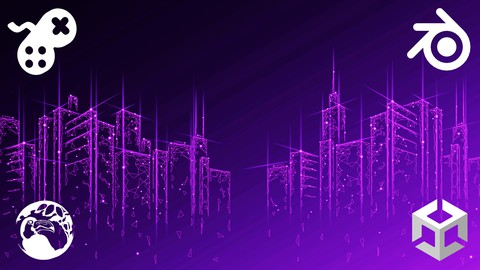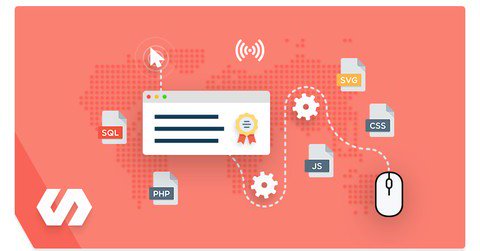
Learn to Program & Model Procedural Cities in Unity/Blender
Your guide to understanding procedural construction of buildings and city maps for games and virtual environments
Procedural generation in games and virtual environments lends itself to the algorithmic generation of infinitely unique computer-created experiences. Its potential lies in its ability to automatically develop digital content on demand, reducing the amount of work required by programmers and modellers. However, a lot of preparation is necessary for such a strategy to be implemented. A thorough understanding of the role that both sides of the game development coin (technical/logic and art/design) plays in procedural generation is key for a successful implementation. In this course, Penny and Mike bring a unique experience to both programmers and artists alike and combine their skills and many years of industry and academic knowledge to bring you a holistic learning experience, in which you will find content and invaluable mastery. This course uses Unity 2020.3 and Blender 3.0 and is Windows and Mac compatible.
Best Seller Course: The 2022 Blender Primer: 3D Modeling, Animation & Rendering
What you’ll learn
- Explain the nature of 3D space and producing a grid for displaying and snapping 3D models together.
- Identity several procedural algorithms that can be applied to generate virtual city maps.
- Apply fractal and dynamic methods to algorithmically generate buildings and cities.
- Create a bespoke procedurally generated city map complete with districts, population densities and vegetation.
You May Also Need This Course: Unity Dialogue & Quests: Intermediate C# Game Coding






